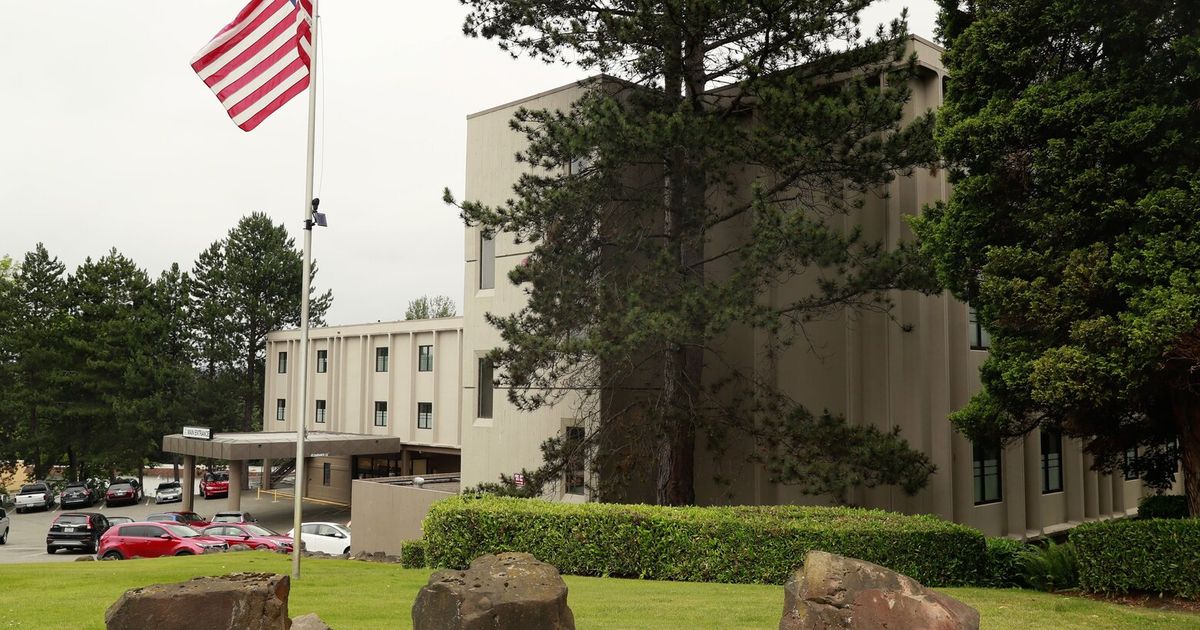Like many regions across the country, King County is experiencing an underfunded, understaffed and overwhelmed behavioral health system that imperils those in crisis and the general public.
A Seattle Times analysis found that over the past two years, mental health facilities in King County have turned away 25% of people who seek treatment. They are rejected for a variety of reasons such as being physically aggressive or too sick and more in need of acute care.
This dilemma speaks to the enormous problem facing policymakers, health care providers, families and those in need of mental health care. The problem is made more complicated since counties filed a lawsuit against the state claiming officials have failed to provide adequate care for patients at state institutions such as Western State Hospital. The lawsuit comes only months after a federal judge fined the state $100 million for breach of a settlement pertaining to the care of patients that come from county jails.
Thus, the immediate and long-term mental health care crisis needs a comprehensive approach that includes leadership from the governor and Legislature and local jurisdictions.
In King County, the Crisis Care Centers Levy, which voters approved in April, will make a small dent in addressing some behavioral health care needs. But King County won’t start collecting the $1.2 billion it will generate over nine years until next year. And the five crisis centers, with roughly 20 beds each, likely won’t be fully operational until 2026.
The Times editorial board supported the measure, though cautioned that too much focus on short-term care centers should not come at the expense of more permanent solutions.
Another reason for why 25% of patients are turned away in King County is staffing shortages. At least one mental health facility reported its staffing level at 50%. There remains a shortage of therapists, nurses and certified nursing assistants, and salaries for support staff is often comparable to retail and fast food jobs.
Part of the county levy’s $1.2 billion will go toward apprenticeships and increasing access to higher education for health care workers. It should also raise salaries for critical positions where workers are in short supply. To help bring more people into the mental health care pipeline, incentives such as paid internships must be created, and high schools and community colleges should work together to help fill the pipeline from school to work.
With the closure of Cascade Behavioral Health Hospital, the county lost 137 inpatient beds. Though the state purchased the hospital with the intention of reopening it, it plans to house patients from Western State Hospital, not those who voluntarily seek treatment.
There’s a lot going on in the mental health arena — legal actions, bed shortages, worker shortages, public safety concerns. Time for all hands on deck to help those who often can’t help themselves.




































